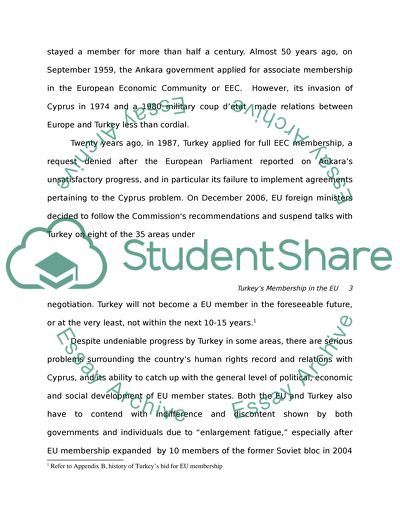Cite this document
(“Turkey's Memembership in EU Essay Example | Topics and Well Written Essays - 3000 words”, n.d.)
Retrieved from https://studentshare.org/politics/1513750-turkeys-memembership-in-eu
Retrieved from https://studentshare.org/politics/1513750-turkeys-memembership-in-eu
(Turkey'S Memembership in EU Essay Example | Topics and Well Written Essays - 3000 Words)
https://studentshare.org/politics/1513750-turkeys-memembership-in-eu.
https://studentshare.org/politics/1513750-turkeys-memembership-in-eu.
“Turkey'S Memembership in EU Essay Example | Topics and Well Written Essays - 3000 Words”, n.d. https://studentshare.org/politics/1513750-turkeys-memembership-in-eu.


